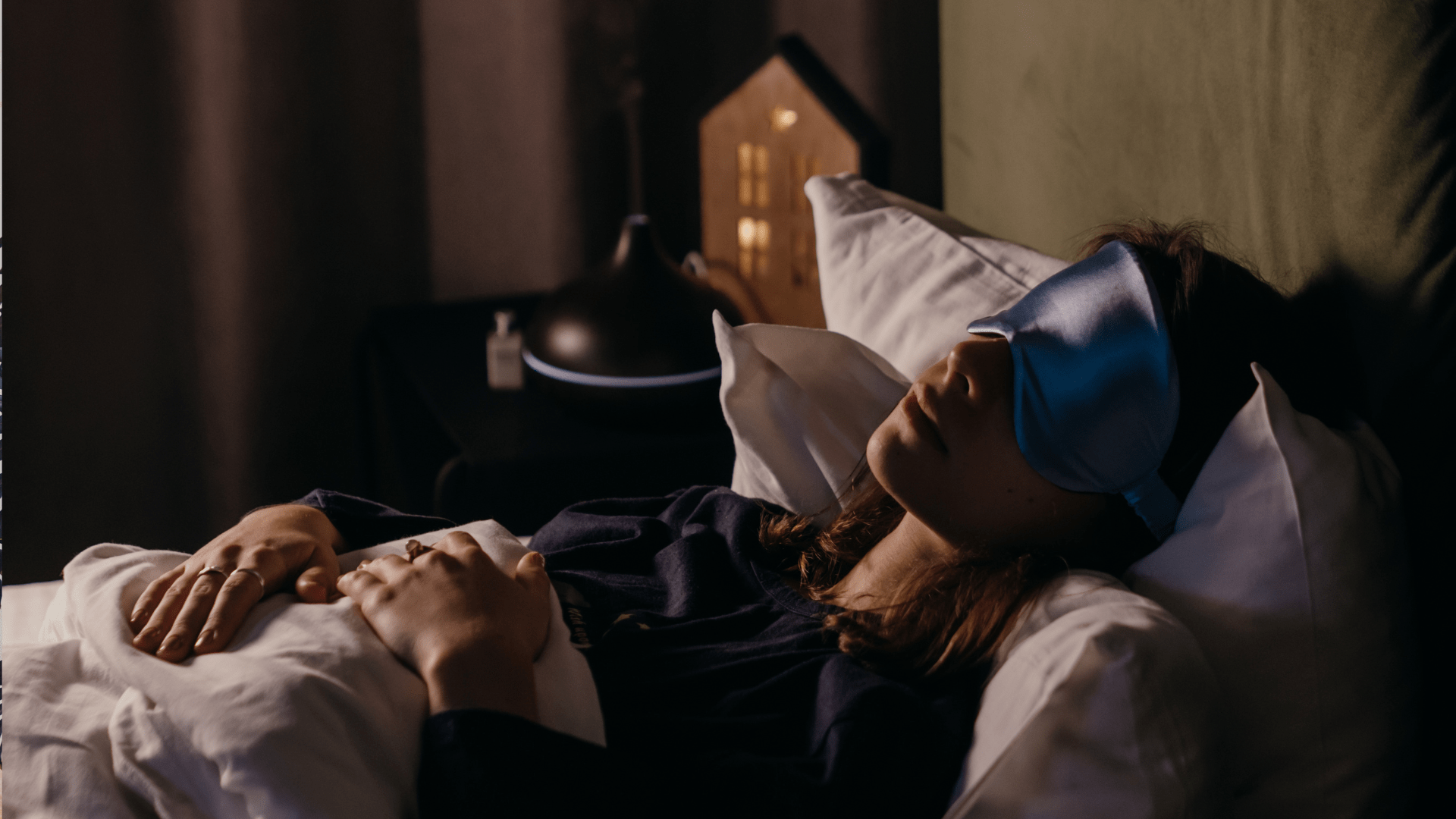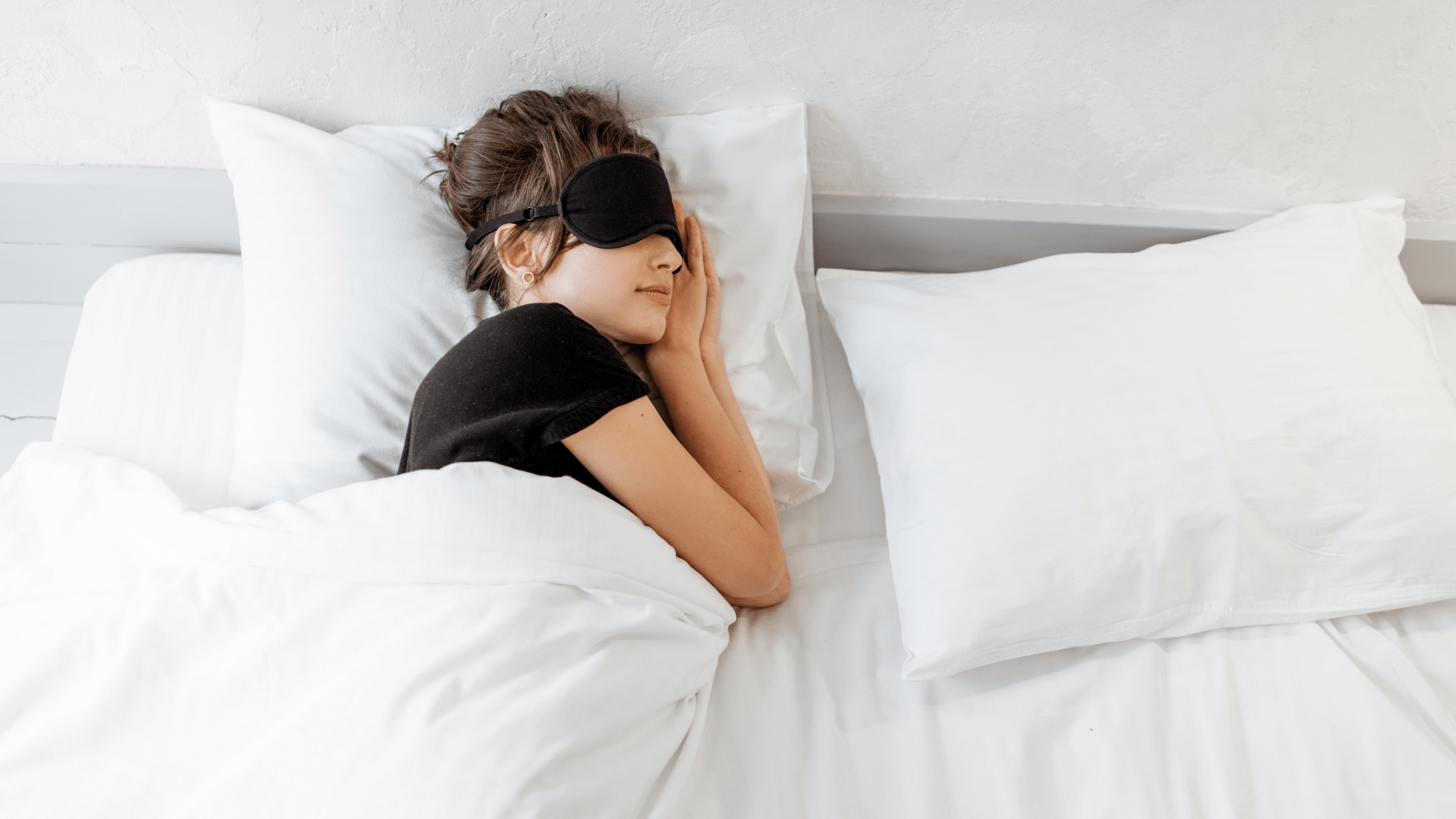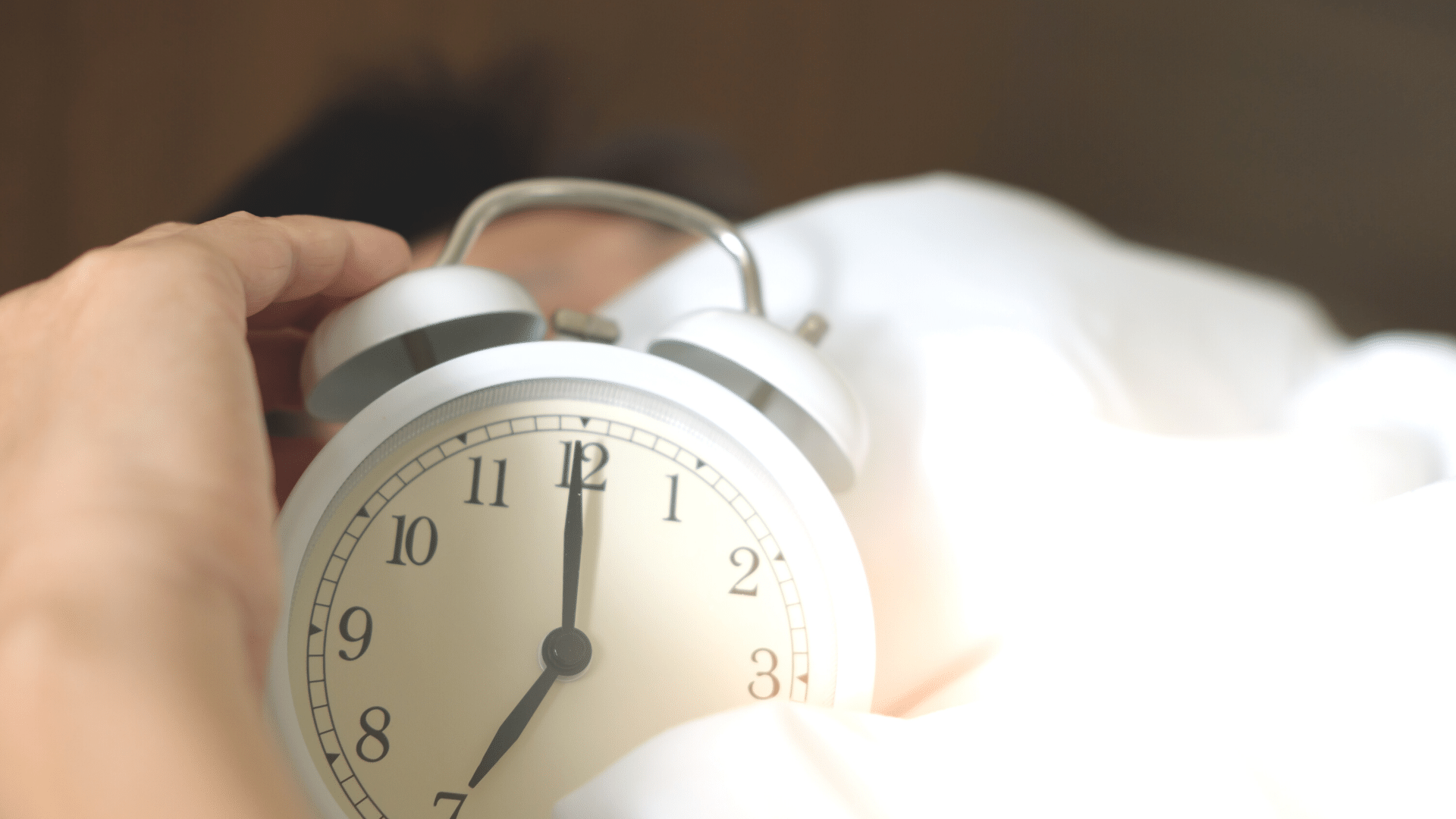Are you struggling to fall asleep at night? Your diet might be to blame. Certain foods can disrupt your sleep patterns and leave you tossing and turning instead of enjoying a restful night's sleep.
Let's explore six foods that can keep you awake when you should be drifting off into dreamland.
Caffeine
It's no surprise that caffeine can interfere with your ability to fall asleep. Found in coffee, tea, energy drinks, and chocolate, caffeine stimulates your nervous system, making it harder to wind down and relax. Consuming caffeine, especially close to bedtime, can lead to trouble sleeping and poor sleep quality.
Spicy Foods
While spicy dishes can add flavor to your meals, they can also wreak havoc on your sleep. Spicy foods can cause heartburn and acid reflux, leading to discomfort and difficulty staying asleep throughout the night. To promote better sleep hygiene, it's best to avoid spicy foods, particularly in the evening.
Alcohol
While alcohol might initially make you feel sleepy, it can disrupt your sleep cycle once you're asleep. Alcohol interferes with your body's ability to enter deep sleep, resulting in fragmented and restless sleep. Limiting alcohol consumption, especially in the hours leading up to bedtime, can help improve sleep quality.
Electronic Devices
In today's digital age, it's common to unwind before bed by scrolling through your smartphone or watching TV. However, the blue light emitted by electronic devices can suppress the production of melatonin, the hormone responsible for regulating sleep-wake cycles. Excessive exposure to blue light before bed can delay the onset of sleep and negatively impact sleep quality.
What you eat and drink can significantly impact your ability to fall asleep and stay asleep throughout the night. By avoiding caffeine, spicy foods, and alcohol in the evening, limiting exposure to electronic devices, and maintaining a consistent sleep schedule, you can improve your sleep hygiene and enjoy better quality sleep. Your body and mind will thank you for it as you wake up feeling refreshed and rejuvenated each morning.
Tips for sleeping better
Struggling to achieve a restful night's sleep? Follow these proven tips to enhance your sleep quality and overall well-being. First, establish a consistent sleep schedule by going to bed and waking up at the same time every day, helping regulate your body's internal clock. This regularity reinforces your body's natural sleep-wake cycle, making it easier to fall asleep and wake up feeling refreshed. Next, create a relaxing bedtime routine to signal to your body that it's time to wind down. This could involve activities like reading a book, taking a warm bath, or practicing relaxation techniques such as deep breathing or meditation. By engaging in calming activities before bed, you can ease stress and tension, preparing your mind and body for sleep.
Optimizing your sleeping environment is crucial for promoting restful sleep. Ensure your bedroom is cool, dark, and quiet to create an ideal sleep environment. Consider using blackout curtains, earplugs, or white noise machines to block out any disturbances that may disrupt your sleep. Limit exposure to electronic devices before bedtime, as the blue light emitted by screens can interfere with your body's production of melatonin, a hormone that regulates sleep. Instead, unwind with activities that promote relaxation and prepare your mind for sleep. Watching your diet and hydration is also important for improving sleep quality. Avoid consuming caffeine, large meals, and spicy foods close to bedtime, as they can stimulate your body and make it harder to fall asleep. Instead, opt for a light snack if you're hungry and stay hydrated throughout the day, but reduce fluid intake before bed to minimize nighttime awakenings.
Regular exercise can also contribute to better sleep by helping you feel more relaxed and reducing stress and anxiety. However, avoid vigorous exercise close to bedtime, as it may energize you and make it difficult to fall asleep. Instead, aim for moderate exercise earlier in the day to reap the sleep benefits. Managing stress and anxiety is essential for promoting restful sleep. Practice relaxation techniques such as mindfulness meditation, progressive muscle relaxation, or journaling to quiet your mind and prepare for sleep. If worries or to-do lists keep you up at night, try jotting down your thoughts before bed to clear your mind and ease anxiety.
Evaluating your mattress and pillows is another important aspect of improving sleep quality. Make sure your sleep surface provides adequate support and comfort for your body to prevent discomfort and promote better sleep alignment. If your mattress or pillows are old or uncomfortable, consider investing in new ones to enhance your sleep environment. Finally, if sleep issues persist despite trying these strategies, don't hesitate to seek professional help. A healthcare provider or sleep specialist can evaluate your symptoms and provide personalized recommendations or treatments to address any underlying sleep disorders or medical conditions. By incorporating these tips into your nightly routine, you can cultivate healthier sleep habits and wake up feeling refreshed and rejuvenated each morning.
What keeps you up at night
Difficulty falling asleep can be caused by various factors such as stress, anxiety, uncomfortable sleeping environment, or disruptive habits like excessive screen time before bed. Additionally, consuming stimulating substances like caffeine or engaging in vigorous activities close to bedtime can interfere with the body's ability to unwind and fall asleep. It's essential to identify and address these factors to promote better sleep hygiene and ensure a restful night's sleep.
Try mindfulness for sleep
Trying mindfulness for sleep can be an effective strategy to quiet the mind and promote relaxation, facilitating the transition into sleep. Mindfulness techniques, such as deep breathing exercises or guided meditation, can help alleviate stress and anxiety that may contribute to difficulty falling asleep.
Treatment and remedies
Treatment and remedies for sleep-related issues vary depending on the underlying cause. It's important to consult with a healthcare professional to determine the most appropriate course of action, which may include therapy, medication, or lifestyle changes to improve sleep quality and address specific sleep disorders.
Quality sleep and poor sleep
Quality sleep is essential for overall health and well-being, while poor sleep can have detrimental effects on both physical and mental health. Establishing a consistent sleep routine, creating a comfortable sleep environment, and practicing good sleep hygiene habits can contribute to better sleep quality and minimize the risk of sleep disturbances.
More help and support with insomnia and sleep
For individuals struggling with insomnia and sleep difficulties, seeking additional help and support is important. This may involve consulting with a healthcare provider or sleep specialist to identify underlying causes and develop personalized treatment plans tailored to address specific sleep concerns and improve overall sleep health.
Energy drinks
Energy drinks, while they may provide a temporary boost in alertness, can have negative effects on sleep quality and disrupt the body's natural sleep-wake cycle. Limiting or avoiding consumption of energy drinks, especially later in the day, can help promote better sleep and prevent sleep disturbances.
Have good sleep routine (sleep hygiene)
Establishing a good sleep routine, also known as sleep hygiene, is essential for promoting healthy sleep habits and improving overall sleep quality. This includes maintaining a consistent sleep schedule, creating a relaxing bedtime routine, and ensuring a comfortable sleep environment conducive to restful sleep.
Relax, unwind and try meditation to help you sleep
Relaxation techniques such as meditation can help unwind the mind and body, making it easier to fall asleep. Beditation, a combination of bedtime meditation and relaxation techniques, can be particularly effective in promoting relaxation and preparing the body for sleep.
Improve sleep through diet and exercise
Improving sleep through diet and exercise can have positive effects on sleep quality and overall health. Consuming a balanced diet and engaging in regular physical activity can help regulate sleep-wake cycles, reduce stress, and promote relaxation, contributing to better sleep outcomes.
What if you want to stay awake?
In situations where staying awake is necessary, such as during overnight shifts or long drives, it's important to prioritize safety and alertness. Strategies to stay awake include taking short breaks, staying hydrated, engaging in stimulating activities, and avoiding heavy meals and caffeine close to bedtime.
General sleep hygiene tips
General sleep hygiene tips encompass various practices and habits that can promote better sleep quality and overall sleep health. These may include maintaining a comfortable sleep environment, limiting exposure to electronic devices before bed, avoiding caffeine and alcohol close to bedtime, and practicing relaxation techniques to unwind before sleep.








